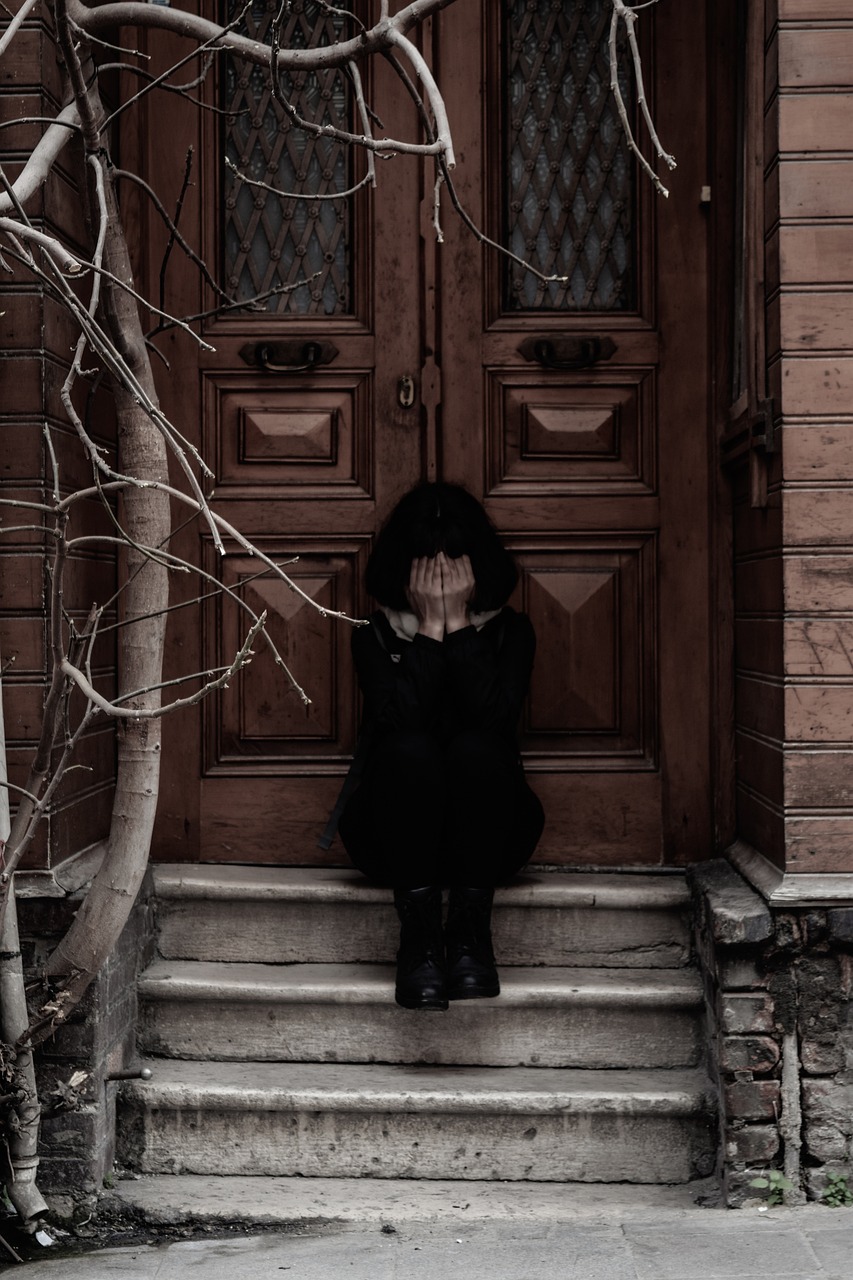How long can a mother be forced not to see her children? One year and two months was what the Mexican and British governments made Jael Deyssy De la Luz endure. A hunger strike and a continuous and tireless fight made a reunion possible.
 Virginia Moreno Molina
Virginia Moreno Molina
“When we talk about migration, we rarely discuss the mental health effects,” says this 34-year-old mother from Mexico, who was forced to experience this during her bureaucratic struggle.
The historian, who is married to British journalist Alexander Thawale Clive Manda, has two small children aged six and eight, and had set up a publishing house with her husband in Mexico where they published academic books.
They had a good life in Coyoacan, an artistic hub, until 2012, when Alexander had to return to London because of the advanced Alzheimer’s his mother was suffering.
“The price of land was rising sharply, services were very expensive and safety in Mexico is affected by the infamous war on drugs,” explains De la Luz.
That was the moment when they both started to assess what to do with their lives. But that time also marked the start of her own personal hell of bureaucratic red tape and the separation of the family by thousands of miles. Alexander started to visit London more often, but in 2013 they decided that he would stay in the city to prepare everything so that the entire family could move there.
Money vs rights
In 2014, with Mexican passports and letters written by her husband to explain the situation, they travelled to the United Kingdom on a tourist visa.
Once in London, the two children were nationalised without any problems. But the process of resolving Jael De la Luz’s migration status had only just begun.
“When we talk about migration, we think that it means moving from one place to another, but we never think about the applications of migratory policies and the price that the individual has to pay,” she explains.
De la Luz followed the advice of the Mexican Embassy in London by returning to her country to complete the process, leaving her children and husband behind in the British capital.
 It was at this moment that her husband’s money and economic status took precedence over their family connection.
It was at this moment that her husband’s money and economic status took precedence over their family connection.
“I took the basic English test that they asked for, filled in the application documents for the spouse visa, then we sent the documentation to show that my husband had the economic means to support me and paid US$1,491,” says Jael. A payment of an additional US$500 would have secured a response within 15 days, but it was too expensive for them.
The first rejection alleged that her husband was not able to support her. “That was a huge violation of my dignity. Why was everything dependent on him? Entering on a spouse visa does not mean that I’m not capable of working,” she says indignantly.
The situation then became even more complex. “My mother-in-law was in very poor conditions. My husband was going to lose his job and I was in Mexico,” Jael recounts. Once again, they completed the visa process and paid US$1,491, plus another US$800 for a life insurance policy they were asked to provide.
For a second time, money was the reason they were rejected.
“In Latin America we have the impression that developed countries have good institutions, and that it’s easier if you’ve been married to a Brit for a number of years, but it turns out that economic issues take precedence over humanitarian concerns,” says Jael.
 Compulsory separation
Compulsory separation
“I never had a face-to-face interview. They took my documentation in Mexico and returned it to me without letting me know who was reviewing it or what the criteria were,” she explains, referring to the bureaucratic process.
But this second rejection pushed Jael to take drastic action: “My fighting spirit won out when the government said no to me for a second time.”
She asked to speak with the British Ambassador to Mexico, Duncan Taylor, and for him to review her case in light of her personal circumstances.During this process, she learned that “when it comes to personal circumstances, no one is on your side”. In response to her continuous requests to meet with Ambassador Taylor, she was simply told that he was travelling.
So she decided to go on hunger strike until the ambassador listened.
“It was the Dual Year between Mexico and England, and I thought that everyone should know about what was happening. I couldn’t believe that I was experiencing this forced separation during this year of unity between the two countries,” she says, adding proudly, “being a mother is something to fight for; I can’t change the face of humanity or talk about revolution if I don’t fight for my everyday life”.
The countdown
The strike lasted four days. “I didn’t wash, I didn’t change and I slept outside in a camping tent.
 I started using Gandhi’s type of direct action and tried to use symbolic weapons that people used to use as evidence of the brutality of the British Empire,” explains De la Luz, also referring to the hunger strikes used by the suffragettes.
I started using Gandhi’s type of direct action and tried to use symbolic weapons that people used to use as evidence of the brutality of the British Empire,” explains De la Luz, also referring to the hunger strikes used by the suffragettes.
During this time, while waiting for the ambassador to return, she read a letter inside the embassy about her situation and her request for her case to be reviewed fairly.
Journalists also took an interest, including the BBC. “But they were silenced and they weren’t allowed to cover the story. They wanted to interview me, but they told me off the record that they wouldn’t be able to publish it because of the Dual Year,” says Jael.
On the fourth day of her hunger strike, she was told that the ambassador could spare five minutes to listen to her.
She was allowed in through the back door. Jael remembers that “when they told me that the ambassador would see me, I took a deep breath and thought, ‘you mustn’t cry, you have to make a legitimate request, not ask for a favour from him, because he has to do his job’”. In those five minutes, Duncan Taylor gave her a document that she would have to show and explained that they would review her case but that there was no guarantee that she would be accepted.
She fought her corner, and although they were hoping she would leave as soon as possible, she finished her hunger strike and stayed for the weekend. On the following Monday, she started to prepare the paperwork again.
Red letter day
During her fight with the embassy, her petition received over 600 signatures.
Meanwhile, her husband contacted his local MP in London, who sent a letter to immigration to find out what had happened during the investigation.
 As a result, it was revealed that the person who had managed the case had not conducted a professional search. Instead of looking for Alexander Thawale Clive Manda, they had searched for Alexander Clive, a more common surname that did not appear in the system.
As a result, it was revealed that the person who had managed the case had not conducted a professional search. Instead of looking for Alexander Thawale Clive Manda, they had searched for Alexander Clive, a more common surname that did not appear in the system.
However, they had received all of the money for the procedures: a total of US$2,982 in the name of someone who supposedly did not appear in the database.
On 6 September 2015, after a year and two months of fighting, she received a three-year visa. Despite the fact that the governments never apologised, she will not forget what happened. “They did not only trample on my rights, but also those of my husband, my children and my mother-in-law.”
And as regards everything that happened in that time, she added that her “husband lost his two jobs. And I missed out on seeing my children adapting to the United Kingdom, like them learning to speak English. And I remember those nights on Skype when they used to ask their father whether I had died…”
Although her voice was heard and she managed to ensure that justice was done in her case, she does not know how to feel in a country that kept her away from her family for so long.
(Translated by Roz Harvey) – Photos: Pixabay












.jpg)












